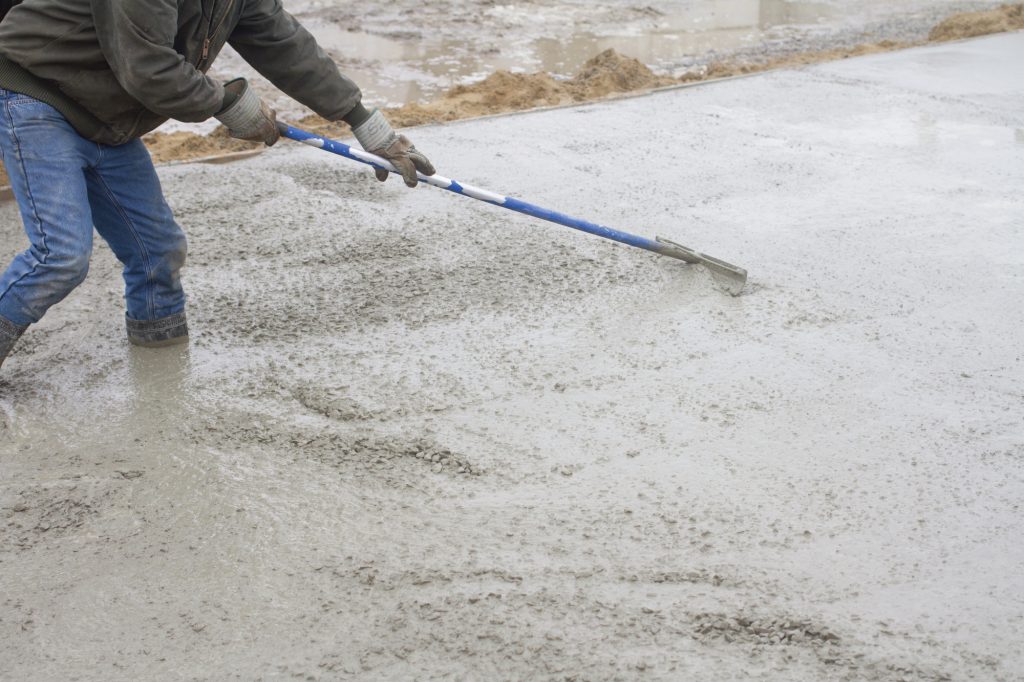
Molasses supplier Malaysia is important for us in this industry. This molasses increases concrete quality by reducing the water-cement ratio thanks to its water reduction property. That is the reason why we need molasses supplier Malaysia in this industry. Other than molasses there’s a few more other admixtures that you can add to concrete. Here are some of them.
Click Here For What Kind of Stearic Acid Choice You Can Have
Available Concrete Admixtures / Additives
Comprehensive Concrete Sealing
Seals are vital to maintaining a strong and efficient concrete finish. While many sealers can be applied to the surface after pouring. Integral concrete sealers are added directly to the mix to ensure even distribution of the sealer. These sealers not only protect the concrete more effectively than surface sealers, but also save time by being added to the concrete before it arrives on site.
Concrete Accelerator (Calcium Chloride,NCA/DCI)
Concrete Accelerator is used to speed up the setting time of concrete, allowing it to start curing sooner than a typical mix. This can be particularly useful in cold weather installations as the reduced setting and curing times can reduce the risk of frost damage.
Superplasticizers for concrete
Superplasticizers increase the workability of concrete mixtures. This is useful with high strength mixes which can be difficult to mix and whose strength would be reduced by the addition of water.
Concrete Retarders
Concrete retarders are added when a mixture is of a longer duration. time setting. This is often used to delay surface hardening so the top coat can be washed later to give an exposed aggregate appearance.
Water Reducers for Concrete
Water reducers are generally added to concrete mixes before they are poured on a construction site. Reducing the water content in concrete can help reduce porosity, which can minimize the space available for water ingress and damage during freeze-thaw cycles. They can also increase the workability and overall strength of concrete.
Corrosion Inhibitor
Corrosion inhibitors are used to increase the surface life of reinforced concrete structures. They effectively reduce the rate at which moisture and chlorides penetrate the concrete, which can contribute to corrosion.
Click Here For 11 Methods for Curing of Concrete
How to Speed Up Concrete Drying

Weather is a Factor
If your concrete is exposed to the elements, you won’t be surprised to learn that concrete dries faster in warmer, sunnier conditions. While this isn’t always an option, deciding to start your project in the summer is a surefire way to minimize curing time.
Of course, if summer isn’t an option, try to avoid extremely low temperatures or prolonged periods of rain. Use a heater Use a heater for some artificial sun. Whether you use a heater or heating mats, be careful not to overheat the concrete. Mild heat should be sufficient to speed up drying time without affecting the mix.
Use warm water
As an essential ingredient in any concrete mix, water plays an important role in the curing process and can affect curing times. many ways. For example, using slightly warmer water in your concrete mix can encourage a faster reaction and therefore faster curing time. Avoid using water that is too hot or boiling, however, as this only serves to damage the mix.
Reduce the amount of water
The amount of water added to a concrete mix is critical, especially if you are trying to minimize the drying time. This is because the more water you add to a mix, the longer it will take for the concrete to set. However, be careful not to under-add either as this can make the mixture too thick and ultimately affect its strength.
To limit the amount of water in your mixture, you can always opt for a water reducer. Belonging to the same family as retarders, they can reduce the water content of a mix by 5-10% and improve the workability of concrete.
Avoid hard trowelling
Excessive application of can cause concrete to compact, collapse air pockets and vents. This is a problem because it prevents moisture from escaping during the drying process, which of course increases drying time.